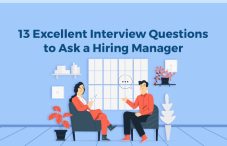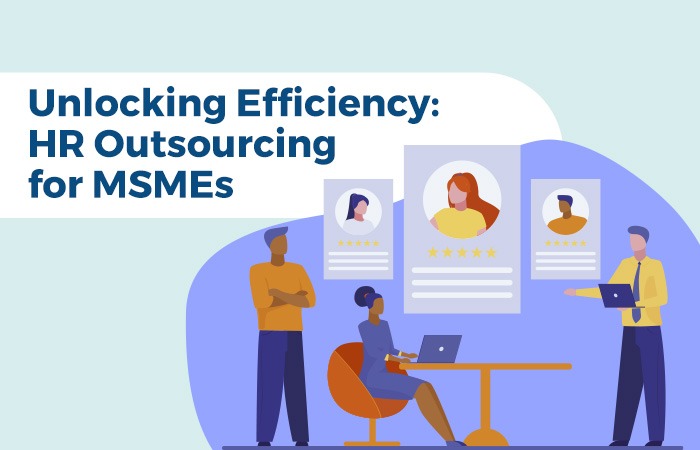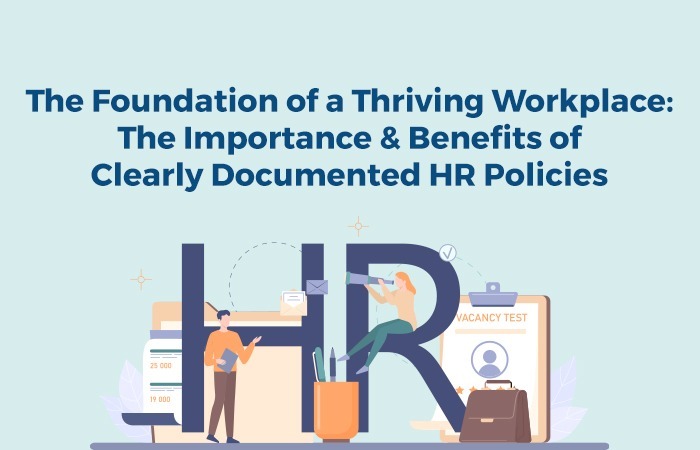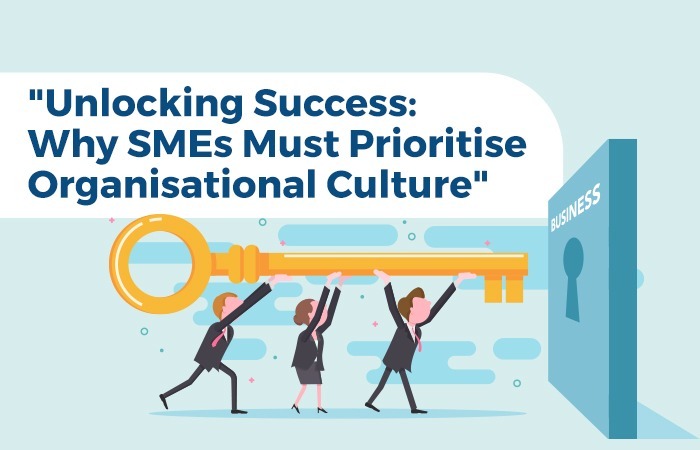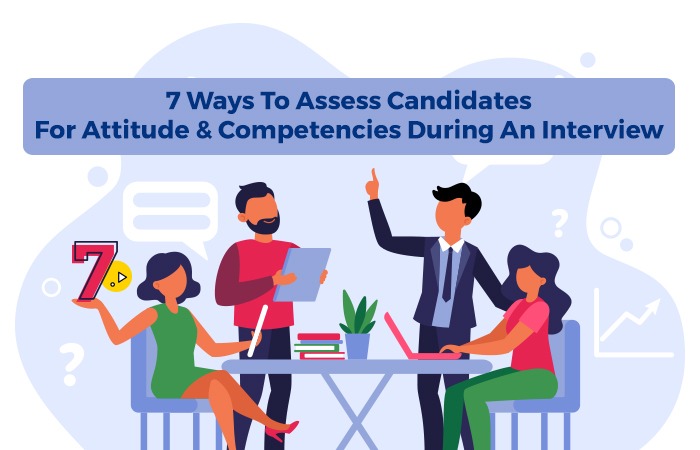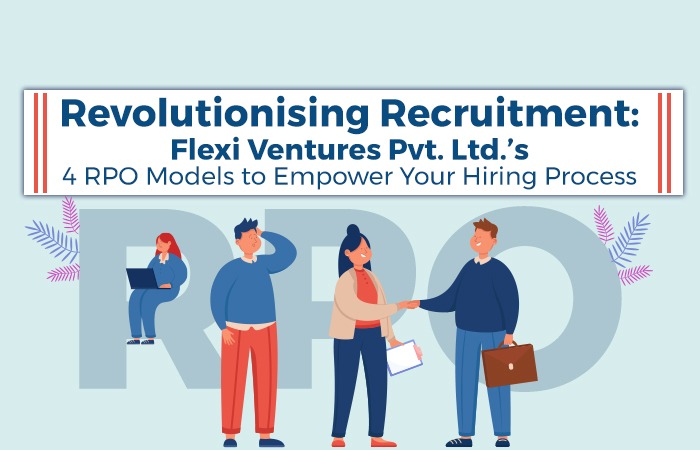During an interview, hiring managers usually ask “Do you have any questions for us to take up?” which provides you the chance to ask about anything you have not yet learned during the conversation. You ought to always be prepared to ask a few questions in response to show your interest and demonstrate your involvement in the interview. The kind of questions you ask can tell the hiring team and hiring manager a lot about you.
It’s important to organize questions to ask hiring managers to show what sets you apart from other candidates as well as to get answers to your questions. The kind of questions you ask can inform an employer about your work ethic and priorities.
Questions to ask hiring managers
Deciding what to ask in interview depends on the type of position/requirement you are interviewed for as well as what has already been discussed during the interview.Some good questions you might ask during your interview to impress your hiring manager:
1) What’s the history of this position?
This is an important question to ask hiring managers during the interview process because if you are offered a new job, you’ll have to work in an environment affected and shaped by your predecessor.
This opening was recently created to support company growth and success.. If that’s the case, ask a follow-up question about who owned the responsibilities up to the present point, and the way the duties will be transitioned.
If you’re interviewing for a position left vacant by someone’s departure, get a way for what happened. Why did the predecessor leave the job? Was he or she promoted or internally transferred? If the predecessor left the corporate, ask about the circumstances.
On an identical note, it’s usually fair game to clarify whether the company is considering internal candidates for the position.
2) What about this position is most important? How does it support management and serve direct reports?
This is an important and good question to ask in a job interview because it can help you get insight into the new position and how it fits into the network of the company. Who will you support? Who will you supervise and guide? What’s their management style or working style? What skills are critical for success?
3) What sort of accomplishments would you expect in the first six months?
All too often, job descriptions present routine tasks and responsibilities. Asking about performance expectations and accomplishments can allow you to tailor the conversation to demonstrate that you’re the ideal candidate for the position. It also shows your commitment to adding value.
How does it support management and serve direct reports? This is an important and good question to ask in a job interview because it can help you get insight into the new position and how it fits into the overall setup.
4) How would you measure my success, and what could I do to exceed your expectations?
I like this question because it addresses expectations in concrete terms. Beyond stock descriptions of excellent communication and analytical skills, what does excellence appear for that position?
5) Which part of the position has the steepest learning curve? What can I do in order to get up to speed quickly?
For some jobs, learning the technology or the company procedures is the most challenging aspect of coming on board. For others, it’s about understanding the human network. Any guidance on the way to speed up the learning process and make you effective and productive quicker can give you a significant advantage.
6) What are the expectations about managing workflow?
Virtually every company has enough work to keep everyone busy 24 hours a day, seven days every week. In practice, everyone gets to travel home at the end of the day. How does one know when you are done for the day? What are the expectations around working on weekends and responding to emails outside regular working hours?
7) How is the feedback process structured?
As a candidate asking this question in an interview has been critical. Performance feedback is vital and is how employees get better. Does this company limit its feedback cycle to annual reviews? Does the hiring manager make it a priority to deliver just-in-time acknowledgment and suggestions for improvement?
8) What opportunities will I’ve got to learn and grow?
Does the corporate offer formal or informal mentoring and coaching to boost your career potential? Does it invest in continued education or professional training to advance your career? Great companies want to hire people who are dedicated to personal and professional growth. Show your hiring manager that continued development is important in the job market and is important to you.
9) What’s the most challenging part of your job? What is your favourite part of your job?
Your hiring manager’s job is different from the one you’re interviewing for. However, insight into his or her biggest challenges and favourites offers a glance into the support and assistance you can offer.
10) How did you get to your role?
Asking deeply personal or intrusive questions won’t get you high marks in the interview. However, most professionals enjoy sharing their career journey. Ask what first attracted the hiring manager to the present company and what the typical career path has been like.
11) Does one have the tools and resources to do your job well?
Asking this question at the top of an interview can give you insight into the challenges the hiring manager has in doing his or her job. Resources trickle down, so if the hiring manager is pressed for time, handling an unusually tight budget, or is brief on human capital, you’ll be affected as well.
12) Does one feel that your opinion counts?
Having a chance to contribute is one of the key indicators of job satisfaction and team performance. If your hiring manager feels heard, appreciated, and valued for his or her input, the likelihood is that the same will translate to your position.
13) Is there anything I’ve said that makes you doubt I would be a great fit for this position?
Asking this question at the top of an interview can feel terrifying. After all, you’re asking whether there is any reason why the hiring manager wouldn’t want to extend you an offer. However, if you’ve got the courage to ask this, you stand to realize a better sense of the next steps in the hiring process and an opportunity to address any reservations that the hiring manager might have about your candidacy while you still have his or her attention.
Having considered a number of the questions that can put you in the best light and close the interview on a high note, it is always a good idea to create short list of questions based on the certain scenarios, so you utilize the possible opportunity to reinforce the hiring managers positive view of the yourself as a prospective candidate for the position in consideration.

